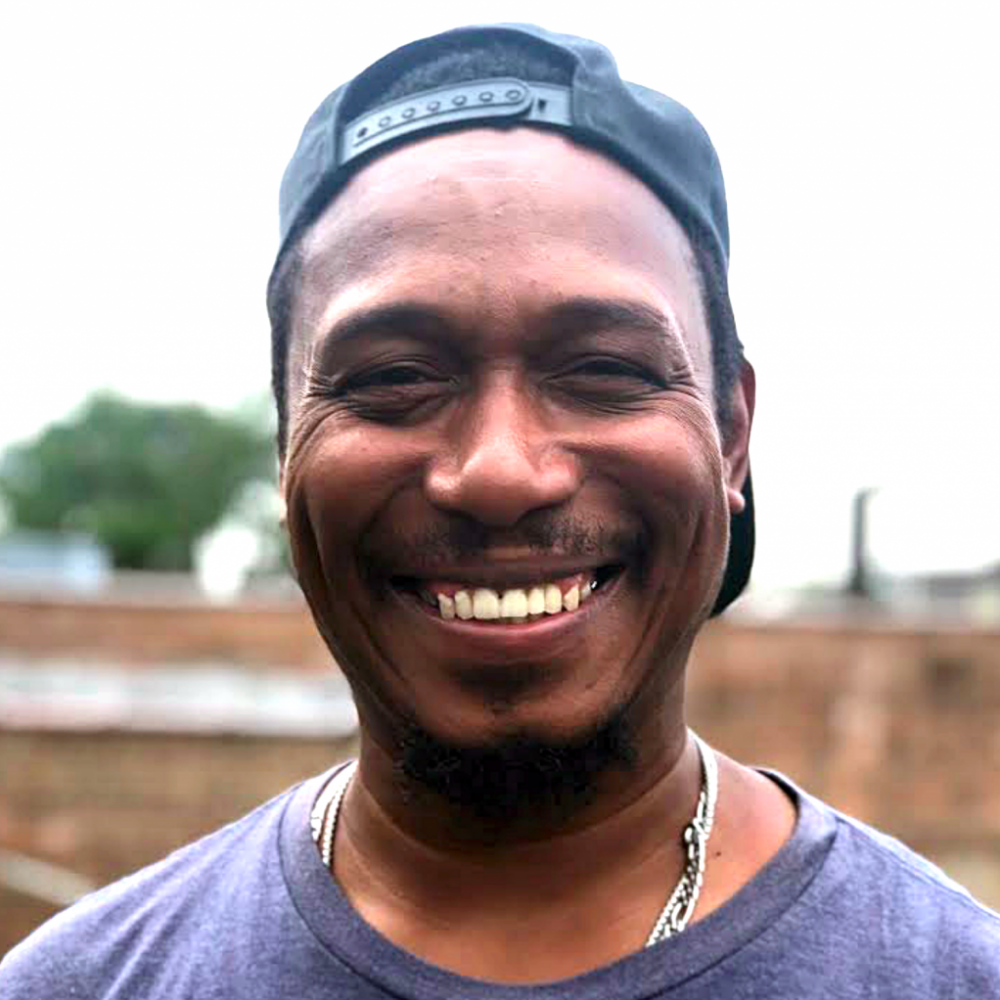Criminal Justice Reform
According to human right watch, black/white racial disparity in sentencing for non-violent low drug offenders in Illinois is 57 to 1, making it the most exaggerated such disparity in the nation.
If African Americans are 57 times more likely to be incarcerated for a non-violent low-level drug offense they are 57 times more likely to end up with a criminal record that drives them back to the very vulnerable and fragile communities that many of them came from and were incarcerated in the first place. More startlingly than that is the fact that out of the 15,000 men and women that return each year, more than half of them recidivate: meaning they commit another crime in an already unsafe and vulnerable community. Those of us at IMAN have been working at a ground and policy level confronting this issue for over five years.
Since its inception, IMAN has actively confronted issues of criminal justice reform through its Project Restore program.
Ending Recidivism through Policy: the SMART Act
The passage of the SMART Act marks a major landmark in IMAN’s ongoing work and commitment to affecting change in our communities.
The SMART Act establishes health clinics and drug schools focusing on diversion and recovery for low-level offenders. These services will enable low-level offenders to receive free medical screenings, drug diversion education, job training, and on-going support to maintain a healthy and drug-free lifestyle. Additionally, the program aims to ease the legal burden on low-level offenders by dismissing their cases upon successful completion.
IMAN leaders attended educational seminars, traveled to Springfield for advocacy, and some actually drafted the legislation of the SMART Act. Our efforts to curb the flow of re-incarceration and recidivism for low-level offenders as an active leader of the Developing Justice Coalition (DJC) have been awarded with the passage of this Act by the Illinois State Congress. However, we still need support in obtaining the Governor’s approval and securing the financial commitment of the State Appropriations Committee for funding this program.



























